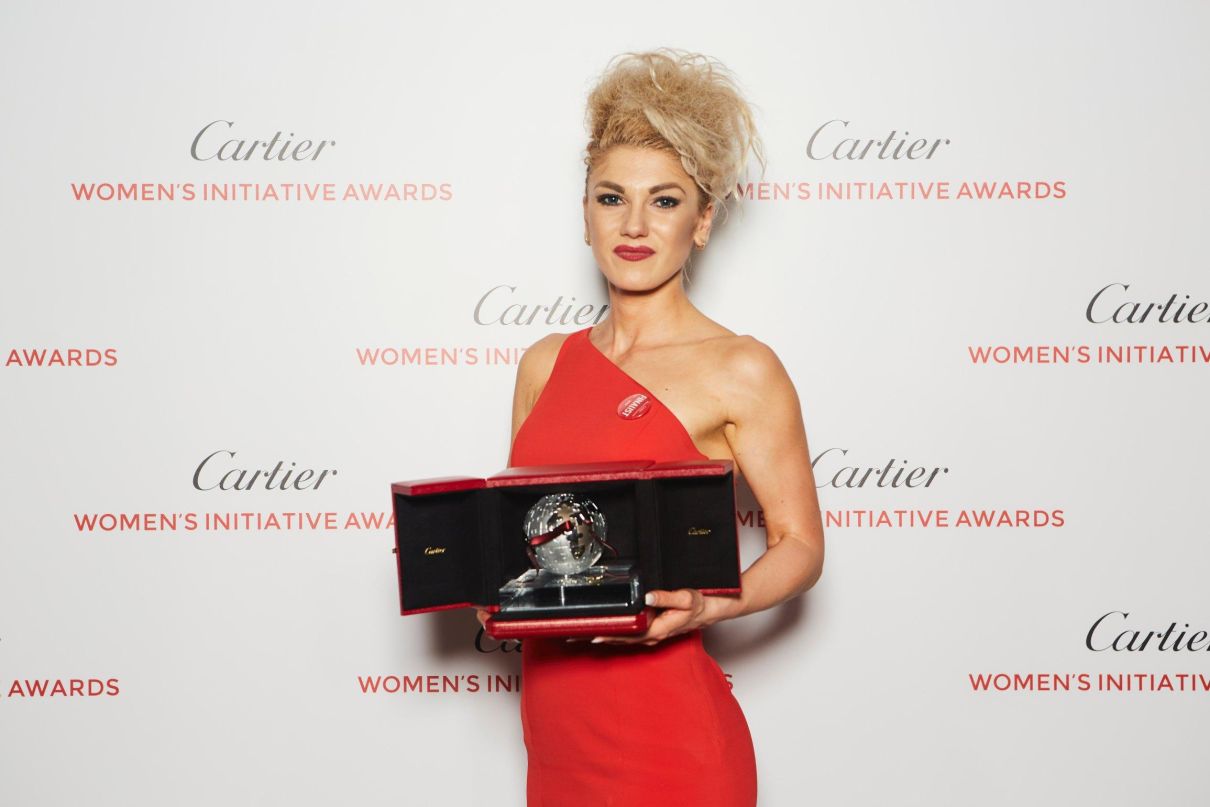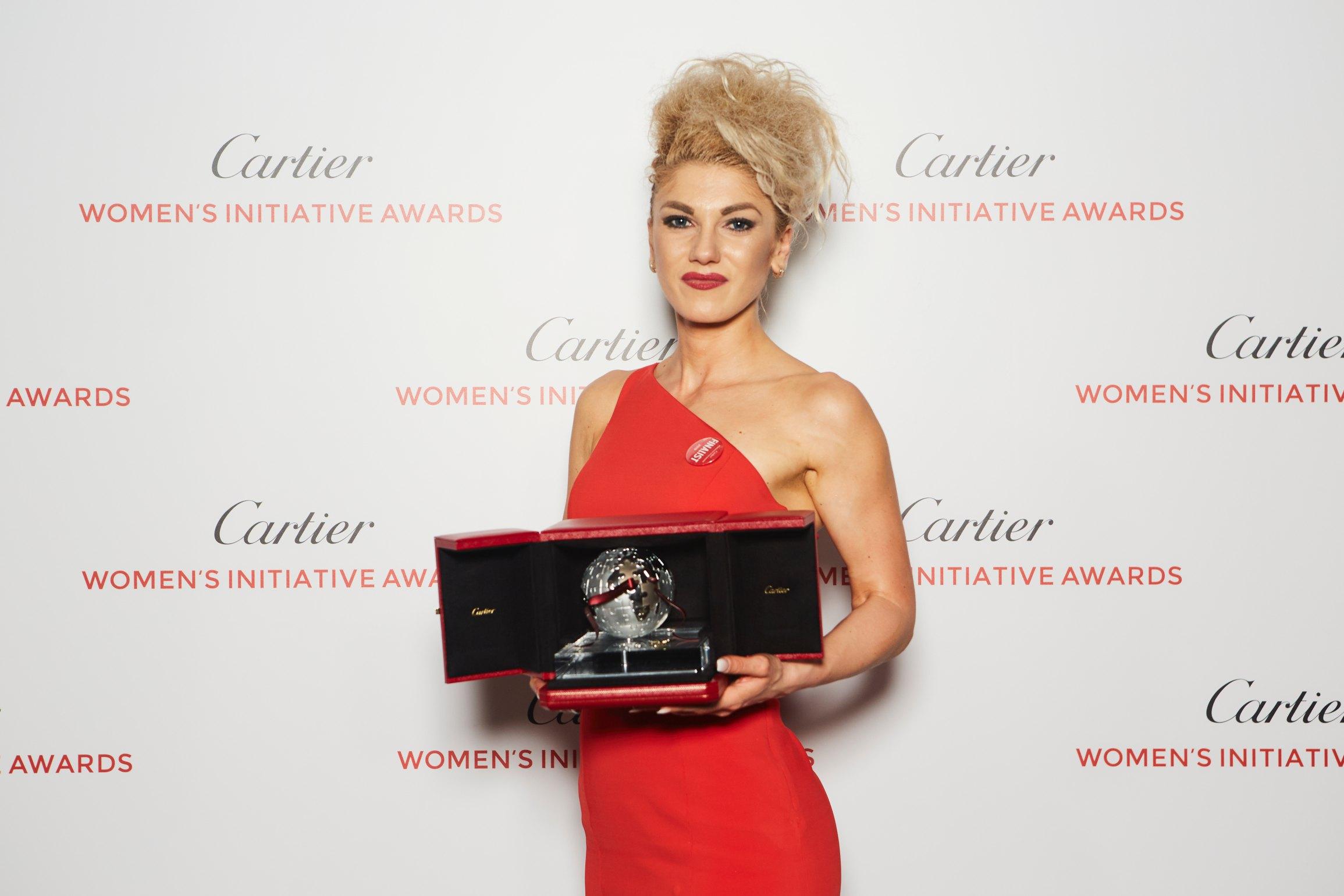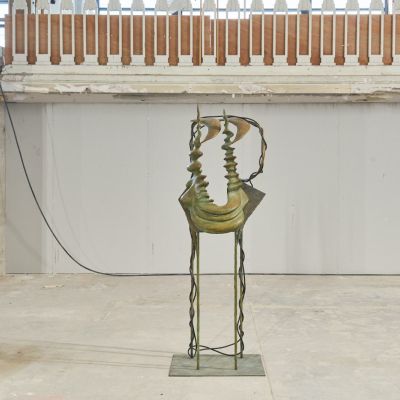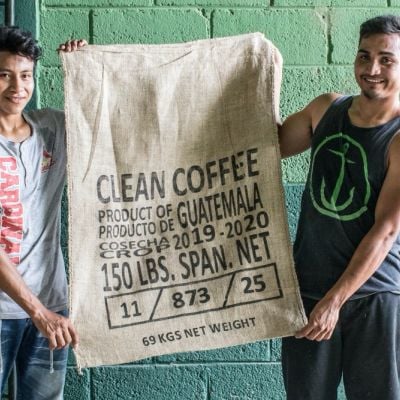The Cartier Women's Initiative Awards

In light of this year’s finalists, the Cartier Women’s Initiatives Awards (CWIA) were all about ‘bold alchemy’ and entrepreneurship with a conscience.

What is the common denominator between a young Indian who set up an industrial scale, vertically-integrated Stevia-business to fight diabetes and a Ugandan who imagined digital vouchers to change the way government and NGOs distribute cash transfers and aid?
Between an Egyptian-American who came up with portable evaporative toilets that require no electricity or plumbing and a German engineer who invented a solar-powered, off-the-grid refrigerator to reliably store vaccines?
The answer is: women of conviction!
Using technology to drive change, these maverick 'shepreneurs' are shaping the future of the planet with the determination, stamina and vision of world leaders. “I was driven by a sense of conviction that our generation must build upon the sacrifices of our parents, by taking up risks and building global ventures that will solve some of the biggest challenges facing India and the world,” comments Swati Pandey, the Indian finalist who grows Stevia (a 100% natural substitute for sugar) through local farmers and communities.
Finding the best solutions – often with small means and local resources – each finalist tackles a growing world concern, from their home country: “Why outsource, when we can build home grown solutions to solve our problems?” questions Evelyn Namara, African finalist and founder of Vouch Digital that brings transparency to the distribution of aid.
With 18 finalists selected amongst 2800 applications from over 130 countries, the CWIA ceremony, held on April 26th 2018 in Singapore, was bold in colours and accents. Cartier not only embraces all points of view but raises tolerance to another level: it was clear, on the evening, that women from the Middle-East use their rights and sometimes even politically charged messages to get their message out there while African women rely on sisterhood to create a better world. Asian women, on their end, build on their business acumen to invent new rules for tomorrow and scale healthier solutions.
If the aim is to drive change by empowering women entrepreneurs across all continents, the CWIA takes an even bigger pledge by supporting self-sustaining social entrepreneurship. The end game is clear: advocating ‘profits with principles’, the thirteen-year old prize helps lift the world economy in the process. It is safe to say that the CWIA has built quite a case for itself:
“In a decade, this initiative truly has made an impact: out of 198 finalists creating over 6000 jobs, 80% are still in activity, which is an amazing rate for start-ups. This is why we decided to scale it up and to give it even more scope and a higher prize as well as more recognition. With the Cartier Women’s Initiative Awards, our Maison aims to contribute to women’s empowerment efforts worldwide, and thus mirror Cartier’s values: curiosity, audacity, caring for others and willpower to lead the change. Sharing these women’s dreams and lives is part of who we are.” shares Cyrille Vigneron, CEO of Cartier International.
This year, the 18 finalists will receive personalized business coaching, media visibility, networking opportunities as well as a place on the INSEAD Executive Program (ISEP). The 6 laureates were awarded US$ 100,000 and one-to-one personalized business mentoring while the 12 remaining finalists were given US$ 30,000.
Willing to support these women initiatives all the way, Cartier teamed up with three other leading co‐sponsoring organisations: the Women’s Forum, McKinsey & Company and INSEAD Business School. Complementing one another, each partner brings its expertise to the initiative: Cartier plays a leading role in the organisation of the competition and provides coaching and funding for the projects. The Women’s Forum provides important visibility and networking opportunities for the finalists. McKinsey & Company and INSEAD coach and mentor the finalists. Together, they have no other wish than to turn every business idea into a bold success.
“The world we live in is a by-product of who we are. A thriving business should be meaningful and passing along strong values. Capitalism like any ‘ism’ is only the magnifier of our intent: it reveals us to ourselves. In 2018, there is no room anymore for the consequences of our actions: we simply can’t exploit the invisible anymore,” concludes Vigneron.
The 2018 winners are:
Asia-Pacific: Swati Pandey, India
Arboreal Agro Innovations – An industrial scale, vertically-integrated producer of stevia, a 100% natural substitute for sugar.
Europe: Kristina Tsvetanova, Austria
Blitab Technology – A tactile tablet for the blind and visually impaired.
Latin America: Paula Gomez, Brazil
Epistemic – A device that alerts patients and caregivers of an oncoming epileptic seizure up to 25 minutes in advance.
Middle East and North Africa: Siroun Shamigian, Lebanon
Kamkalima – An online platform that uses artificial intelligence and data analytics to help learn and teach Arabic.
North America: Yiding Yu, United States
Twiage – A digital platform that enables the transmission of real-time data from ambulance to hospital.
Sub-Saharan Africa: Melissa Bime, Cameroon
Infiuss – An online blood bank that collects and dispatches blood donations to hospitals.








